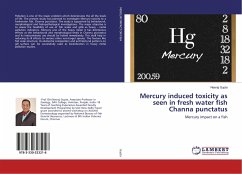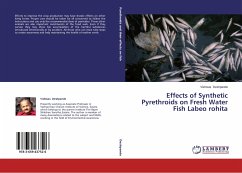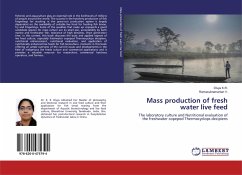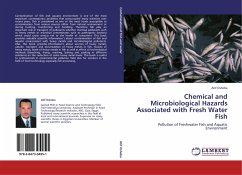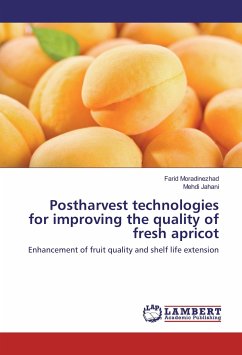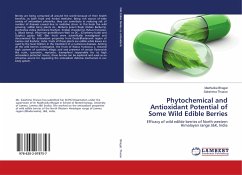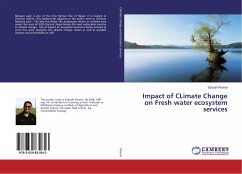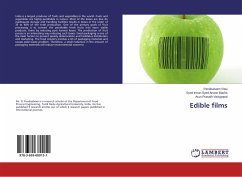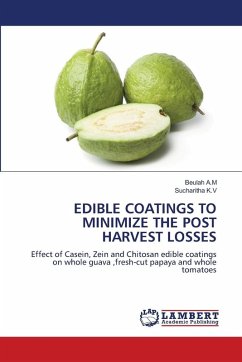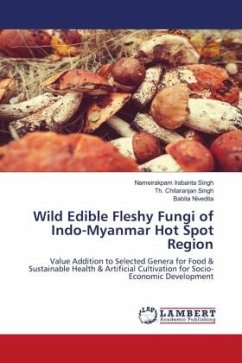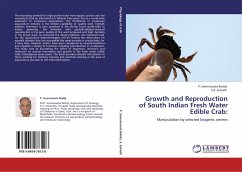
Growth and Reproduction of South Indian Fresh Water Edible Crab:
Manipulation by selected biogenic amines
Versandkostenfrei!
Versandfertig in 6-10 Tagen
52,99 €
inkl. MwSt.

PAYBACK Punkte
26 °P sammeln!
The increasing demand for high-protein food from aquatic sources and the necessity to find an alternative for fisheries have given rise to a world-wide expansion of crustacean aquaculture. The bottleneck in crustacean aquaculture industry is the limited availability of quality seed. Eyestalk ablation technique is now practiced in the shrimp farms world-wide to induce spawning. The limitation with eyestalk-ablation-induced reproduction is the poor quality of the seed produced and high mortality in the brood stock. To overcome the above problems, one important task for the aquaculture biotechnol...
The increasing demand for high-protein food from aquatic sources and the necessity to find an alternative for fisheries have given rise to a world-wide expansion of crustacean aquaculture. The bottleneck in crustacean aquaculture industry is the limited availability of quality seed. Eyestalk ablation technique is now practiced in the shrimp farms world-wide to induce spawning. The limitation with eyestalk-ablation-induced reproduction is the poor quality of the seed produced and high mortality in the brood stock. To overcome the above problems, one important task for the aquaculture biotechnologists will be finding the alternatives for eyestalk ablation that can accomplish the same increase in productivity. For a long time, biogenic amines have been considered as neurotransmitters and regulate a variety of functions including reproduction in crustaceans. This study aims at elucidating the effect of dopamine, serotonin and melatonin on ovarian maturation and growth in the fresh water edible crab, Oziotelphusa senex senex. This book provides valuable information to those working for hatchery industry and scientists working in the area of aquaculture and also to the interested layman.



